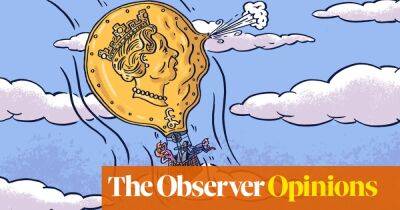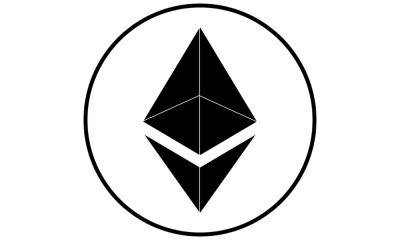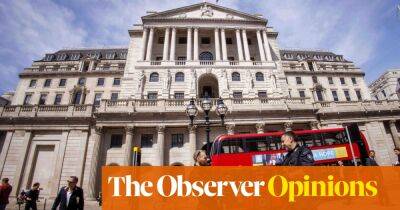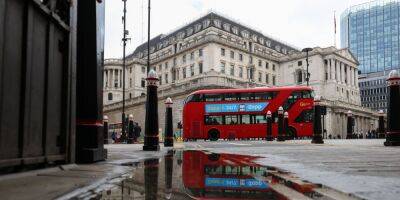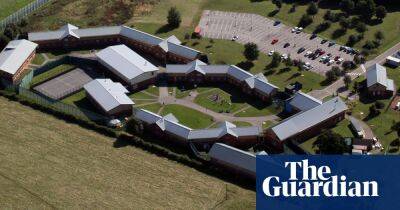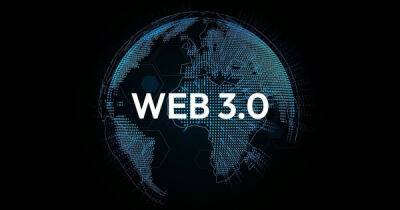Bank of England expected to raise interest rates despite faltering economy
The Bank of England is likely to raise interest rates to the highest level since the recession caused by the 2008 financial crisis, despite mounting concern that the economy is weakening amid the cost of living crisis.
City economists widely expect the Bank will increase its base rate by at least 0.25 percentage points to 1% on Thursday, lifting borrowing costs to the match the level set in February 2009 when it was in the process of cutting rates to historic lows as the global financial system imploded.
Households across Britain are under intense pressure from soaring living costs – with inflation at 7%, the highest level since 1992 – driven by record petrol prices and rising gas and electricity costs exacerbated by Russia’s war in Ukraine. Experts have warned the gauge for the annual jump in consumer prices could reach 10% later this year, five times the Bank’s 2% target.
Central banks around the world have begun raising rates to combat high inflation. On Wednesday the US Federal Reserve raised its benchmark interest rate by 0.5 percentage points to a target rate range of between 0.75% and 1%. It was the largest since 2000 and follows a 0.25 percentage point increase in March, the first increase since December 2018.
Analysts said the Bank of England’s monetary policy committee was set to vote overwhelmingly for its fourth consecutive rate rise since it began increasing borrowing costs in December for the first time since the Covid pandemic.
Raising rates to 1% would also open the door to the Bank selling down some of its £875bn portfolio of UK government bonds built up through its quantitative easing stimulus programme since the 2008 financial crisis.
With heightened volatility in financial markets over recent weeks,
Read more on theguardian.com





